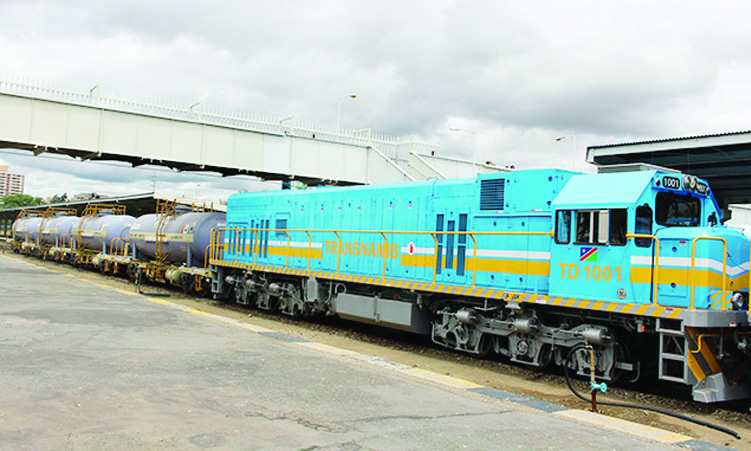TransNamib has confirmed ongoing negotiations with retired employees about reducing the company’s contribution to their medical aid.
Opposition lawmaker Nico Smit has, however, questioned minister of finance and public enterprises Iipumbu Shiimi on this.
This follows the company’s decision to stop contributing to the medical aid of its retired employees and their dependants.
“On 21 September you responded to the house, and stated that after you had realised that the proposed actions would have a negative impact on the pensioners going forward, you had shelved the decision and that consultations would be entered into between TransNamib’s management and representatives of the pensioners on the way forward,” Smit said last week.
TransNamib spokesperson Abigail Raubenheimer yesterday said the company is engaging these retirees, since it is struggling financially.
“Given the entity’s cash-flow position, this is a significant amount. We are currently in the process of engaging with the retirees and their representatives on this matter,” she said.
Raubenheimer said TransNamib told retired employees of its plan to withdraw the company’s contribution to post-retirement medical aid.
“This cost is equivalent to over N$2 million per month, and N$24 million annually,” she said.
Smit said this move is illegal and would create severe hardship for many of the pensioners “who are at an age where medical aid is possibly their single most important cost each month”.
“Are you aware that two weeks after you informed this house that the illegal and unilateral decision taken by TransNamib was allegedly shelved, its management appointed outside counsel to oppose any action the pensioners may feel compelled to take to preserve what they are entitled to?” he asked the minister.
Raubenheimer explained that rolling stock challenges have had a detrimental impact on TransNamib’s cash flow.
“TransNamib has a workforce of over 1 200 employees who depend on the organisation’s survival. To ensure the company’s continuity, we have had to significantly reduce expenses and make difficult decisions to guarantee it survives through this period of transition until its rolling stock challenges are addressed,” she said.
After much blame was placed on the government by TransNamib for its lack of supporting funds, the government has allocated the company N$230 million.
TransNamib was without water earlier this year, while employees’ medical aid were discontinued because the company was unable to pay its expenses.



Leave a Reply